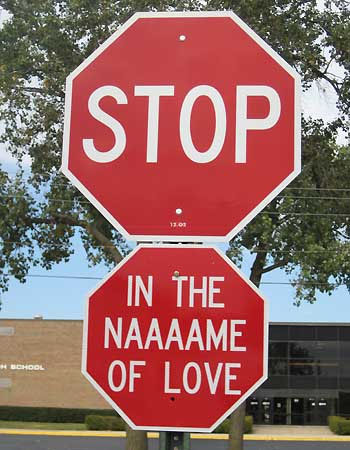Conservatives need a strategy for addressing the immigration issue without alienating America's largest and most rapidly growing minority. Conservatives believe the southern border must be secured before there can be "comprehensive" immigration reform that resolves the status of the 11 million illegal immigrants. But this policy risks making Republicans seem hostile to Hispanics.But why would that be the case? Latinos aren't abandoning the Republican Party over concerns about the citizenship of other Latinos 1,000 miles away from U.S. shores. They're abandoning the GOP because they don't like how Republicans are treating them right here in the lower 48 states. The Arizona immigration-enforcement law, as has been much noted, makes it likely that U.S. citizens and legal immigrants of Latino descent will have to go the extra mile to literally prove themselves to police -- all by virtue of their race.
Fortuno wants Republicans to couple insistence on border enforcement with support for Puerto Rican statehood. This, he says, would resonate deeply among Hispanics nationwide.
Making Puerto Rico a state doesn't address those concerns. Using the rationale offered by Will and Fortuno, it frankly smacks of a "some of my best friends are Latinos" tokenism -- we're happy to bring a majority Latino state into the union, it seems, as long as that state can only be reached by plane or boat. Such factors would probably exacerbate the GOP's image problem among Hispanics, and probably deservedly so.






